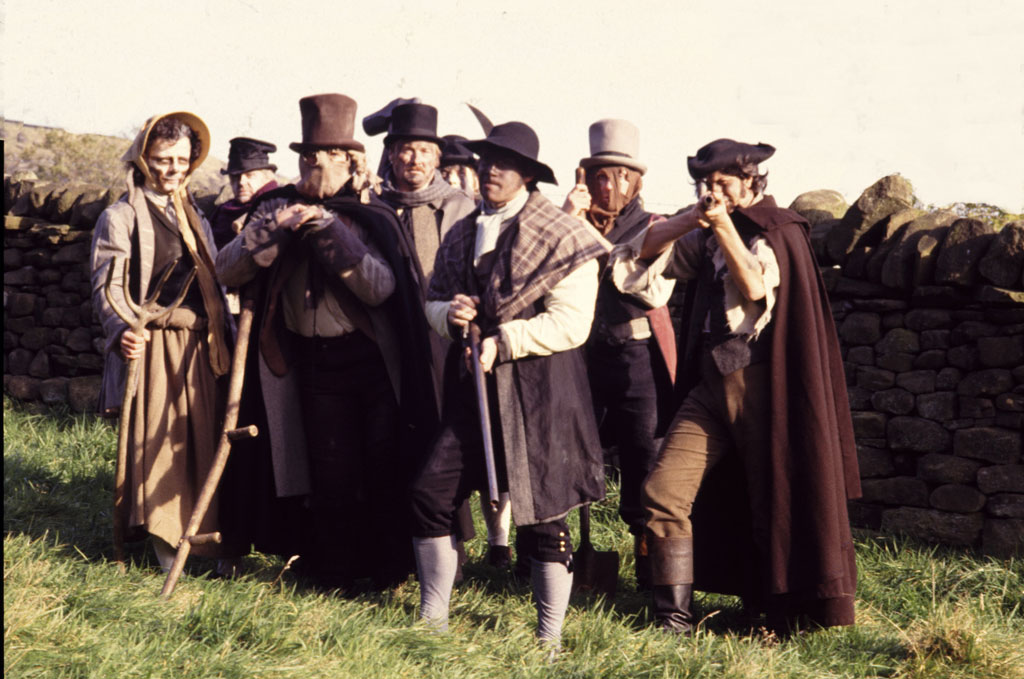
Today’s ‘Luddites’ need to find imaginative & effective solutions to opposing change, says Geoffrey Bindman
There is wide acceptance of the view that advances in computerisation and artificial intelligence will decimate professional employment in a very few years. Those who lose their jobs to machines will rightly be angry if they are consigned to poverty and indolence. Yet those who question the labour-saving benefits of new technology and seek to moderate the impact of these advances are sometimes pejoratively referred to as Luddites. Who were the Luddites?
Originally they were weavers and other textile workers in Northern England who, in the second decade of the 19th century, resisted the replacement of their employment by newly invented machines. The name came from an obscure and possibly mythical figure known as King Ludd or Ned Ludd, thought by some to have lived in Sherwood Forest at the same time as Robin Hood.
Ludd’s disciples, banding together at night with blackened faces, were machine-breakers. They attacked the mills which housed the new machines, destroying as many









